By David Himbara
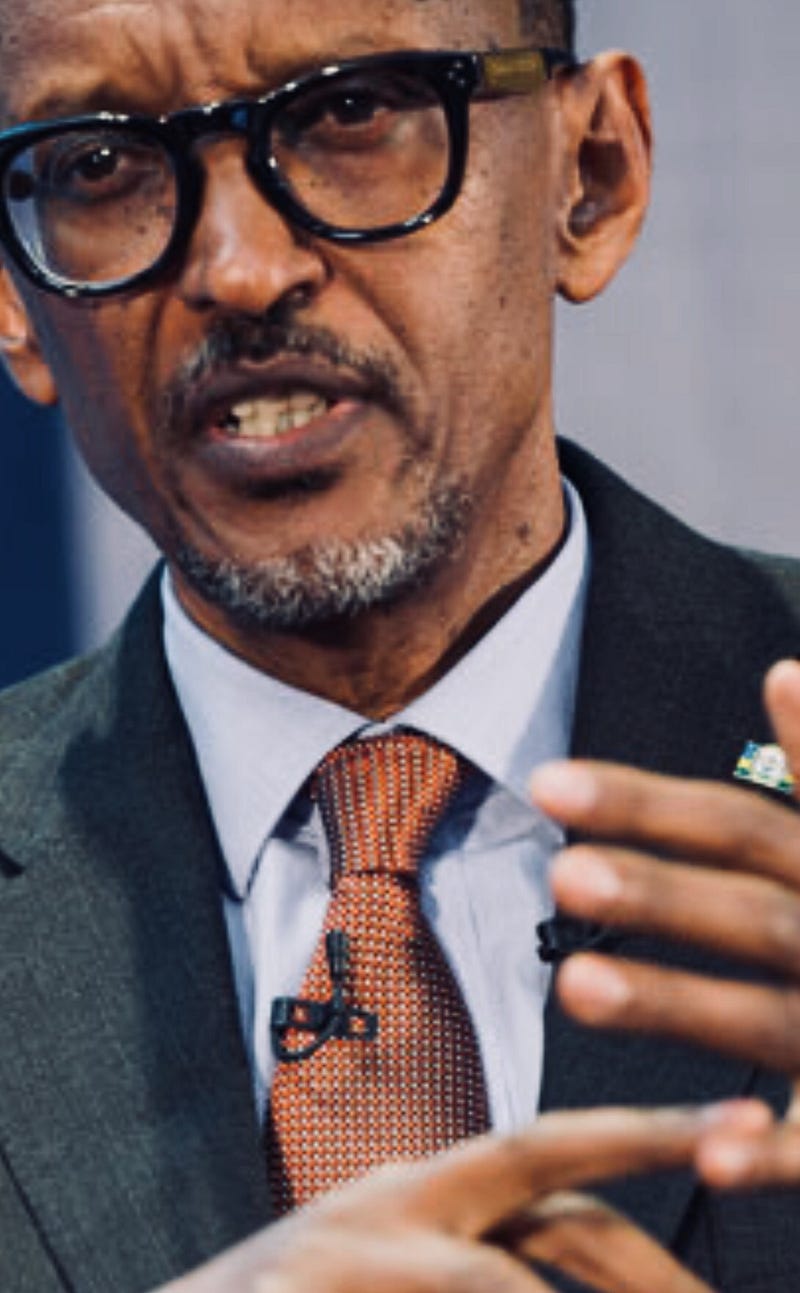
During the past twenty-four years under Paul Kagame’s watch, Rwandan lakes and rivers have become dirtier and polluted. Poor agricultural practices that allow farming on river banks have been a factor. This has accelerated soil erosion. Energy poverty which forces 99% of Rwandans to cook with firewood and charcoal has devastated the forest cover. The largest urban center in Rwanda with a population of 1.5 million — the capital city of Kigali — releases raw sewage into the water system.
These terrible conditions notwithstanding, Kagame had the audacity to lecture the G7 meeting on climate change how to clean up the world’s oceans. Kagame shamelessly used Rwanda as a model of an effective implementer of measures for curbing plastic pollution. With a straight face, Kagame told three brazen lies.
LIE ONE: Rwanda is an example of a pristine natural environment that is effectively managed.
Kagame’s description is breathtaking. This is what he said: The bonus of his spectacular achievements ”is a more pristine natural environment, for Rwanda’s citizens, residents, and tourists to enjoy.”
In reality, as noted above, poor agricultural practices has dangerously increased soil erosion across Rwanda.
- River Nyabarongo, the lifeline of Rwanda has turned brown.
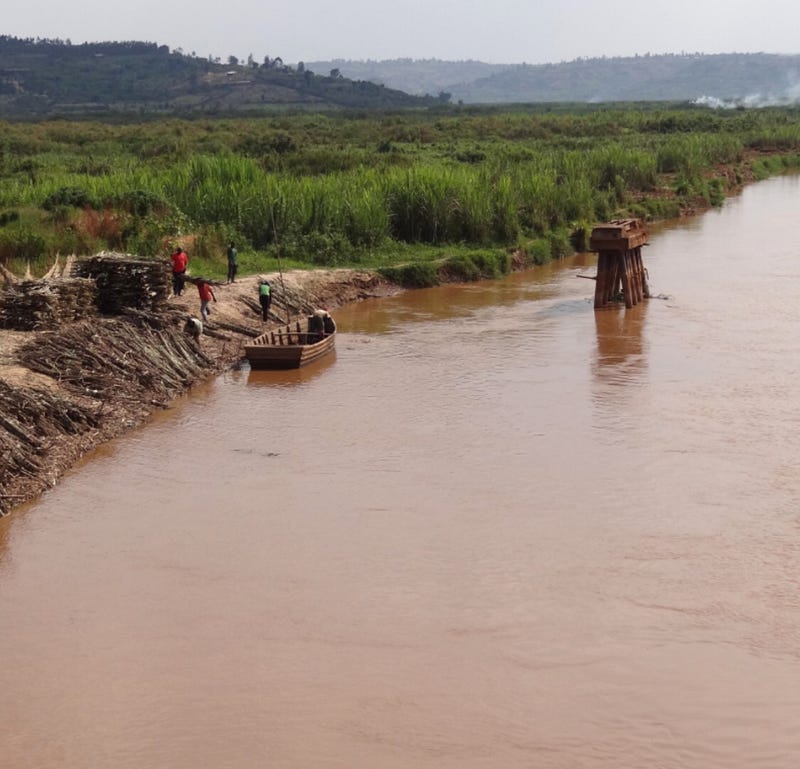
- Hills are bare — cleared of trees.
Energy poverty has devastated the Rwandan countryside. The dependency on firewood for cooking leads to unchecked deforestation and landslides that kill hundreds every year.
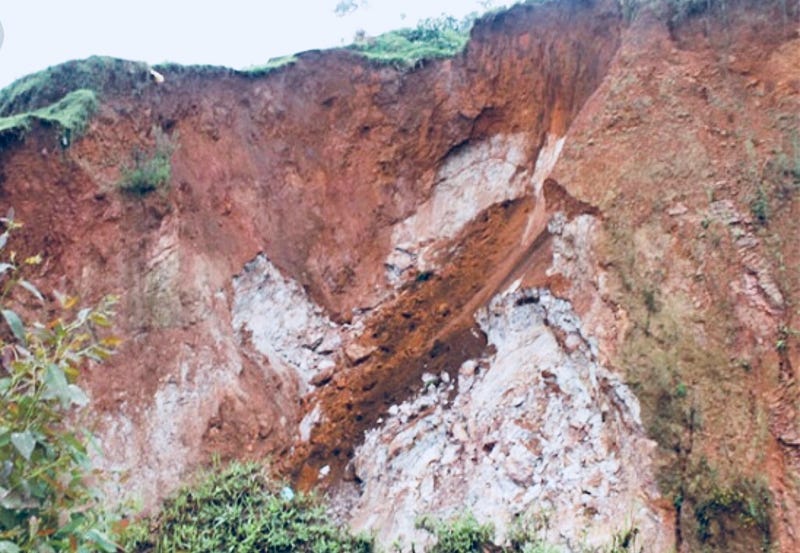
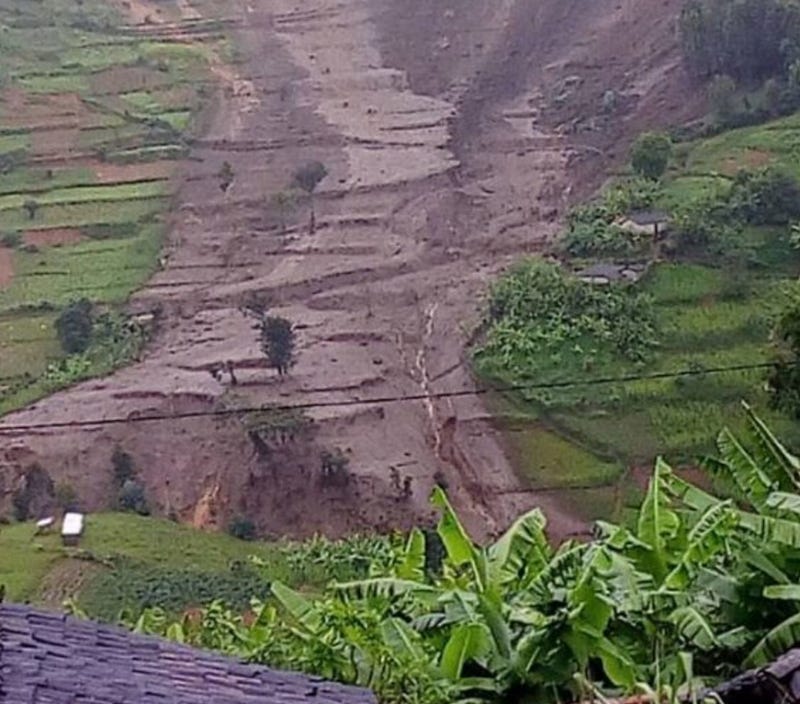
LIE TWO: Rwandan people are part of the solution
According to Kagame, Rwandans are part of environmental solutions. This is what he said: ”When citizens understand what is at stake, and how their behavior can make a measurable difference, they become the most effective part of the solution.”
- Rwandans are suffering from environmental degradation, including the inhabitants of Kigali, the capital.
With a population of 1.5 million, Kigali has no system to receive and treat sewage emptied from septic tanks and latrines in Kigali. The raw sewage is deposited into Rwanda’s and regional water systems. Raw sewage passes in open sewers in Kigali neighbourhoods. Kigali is an environmental disaster waiting to happen.
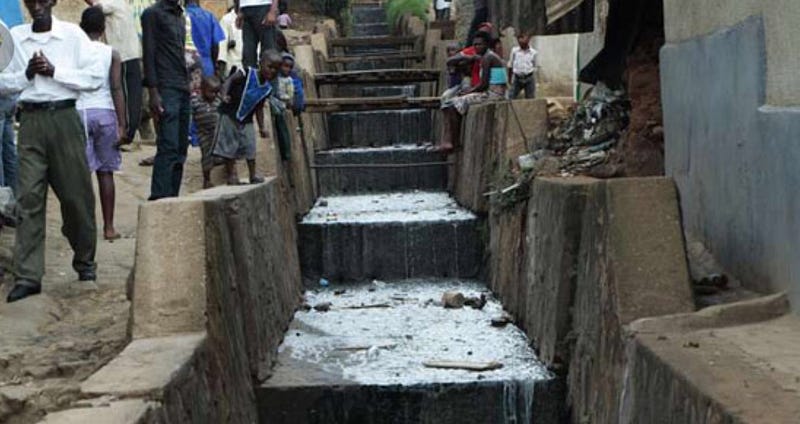
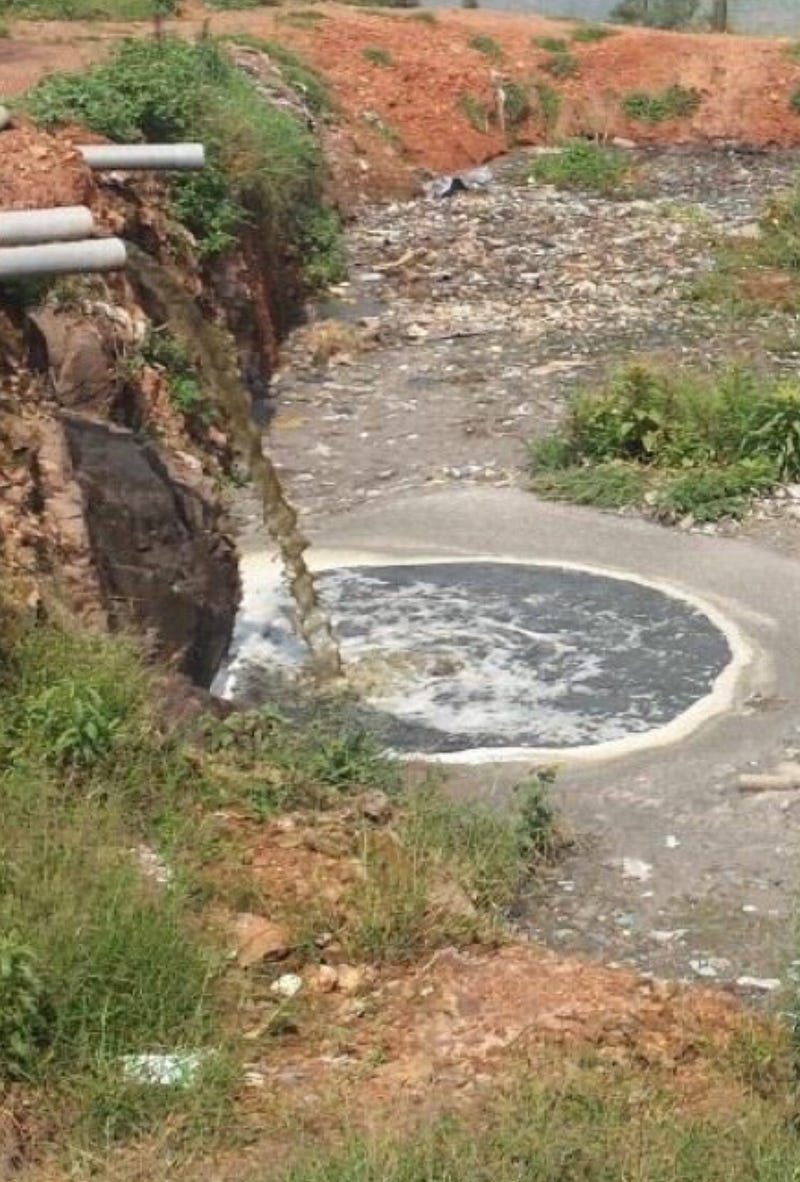
LIE THREE: Rwanda involves the private sector to find environmental solutions
Kagame claims he has involved the private sector to implement environmental solutions. This is what he said: “Involving the private sector in finding practical solutions, not only reduces resistance to change, it also supports the creation of new jobs and revenue streams…We worked with businesses, to find alternatives to plastic.”
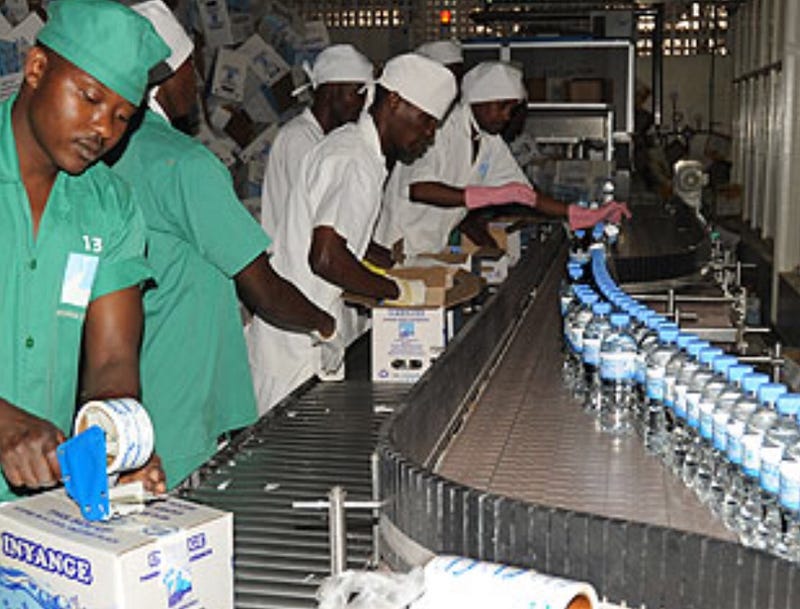
Kagame is no friend to the business community in Rwanda. He routinely seizes private enterprises without compensation. Leading business persons have fled, imprisoned and even died mysteriously. Meanwhile, Rwanda’s tiny private sector is dominated by Crystal Ventures Ltd (CVL) owned by Kagame and his ruling party. CVL’s subsidiary, Inyange Industries, is the leading plastic polluter. Inyange is the top maker of juices and bottled water — all of which are sold in plastic bottles.
Kagame tells lies like there is no tomorrow

Kagame has nothing to offer the world community, least of all, lessons on climate change. He has zero to offer with regards to curbing plastic pollution. Kagame has the distinction of having a capital city of 1.5 million whose refuse, including plastic bottles and raw sewage, is dumped untreated in Rwanda’s rivers and lakes. Poor agricultural practices on river banks combined with deforestation have turned the water systems muddy and brown. Kagame’s Inyange Industries is a leading plastic polluter — the company is a dominant supplier of products sold in plastic bottles. Rather than teach the G7 how to clean oceans, Kagame attend to Rwandan lakes and rivers that are in a sorry state.




























































